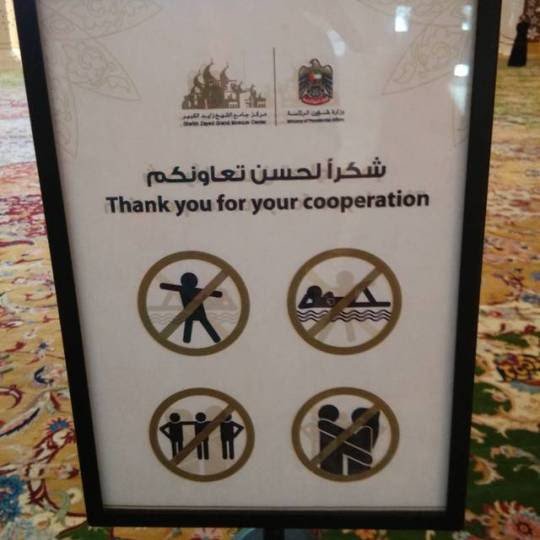I've grown more sentimental as I've aged,
It comes with making mistakes.
But I am not about to write about the mistakes I've made, no no.
This is not some retrospective blog wherein I tell you about my foibles in detail.
The point is, we are human, and we make mistakes, and we hope to learn from them.
And then, we make more mistakes, and hopefully different ones.
I think this is the heart of a humanist philosophy.
It's not about doing good as such. It's not steeped in the though shalt do such and such and though shall not do something or other else.
It's not burdened with well defined ethical rules and the overarching power of good and bad.
In a certain sense it isn't about moral codes, or ethical frameworks, at all, for when we try to construct these we again, inevitably, make mistakes; its only human.
It is about acknowledging that we learn as we go, and its well advised that we do the best that we can do.
We are not perfect.
None of us are.
There is no perfect reason.
There is no perfect morality.
When we are at our best we acknowledge our weaknesses and our mistakes…
And isn't it true that when we inhabit spaces where the transfer and proliferation of information occurs faster and faster, exponentially, when it doubles in quantity all the more soon, that it becomes more difficult to assess quality because of the sheer volume of bits and bytes?
And when information channels through newsfeeds, and walls, and goes viral at the insistence of popularity, and of what sells, then isn't it even more important to acknowledge that we are all prone to human error, and no one, not the media, not the Government, not lawyers, not priests, not ethics boards, not bloggers, not viral tweeters, not academics or celebrities, neither you, nor me, none of us are perfect; and no one has the edified and codified correct code of conduct.
We all make mistakes.
So perhaps a fair and reasonable ethical approach suggests that we firstly reserve judgement. That we take a moment to consider our assumptions, and of where we heard the information that forms our opinions, and that we question it, and doubt, before we ever even think of believing that we know the truth about matters that we actually know next to nothing about.
Or we could form memes, and collective ideas, and create new and interesting power dynamics?
But these will be flawed too.
There is no perfect answer.
Be good to your neighbour.

Taken: 30th July 2017 Abu Dhabi.
"God damn it, you've got to be kind"
- Kurt Vonnegut Jr.